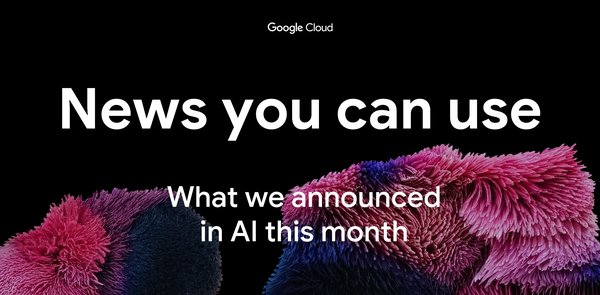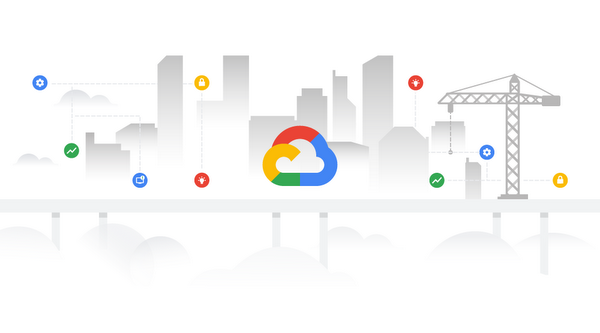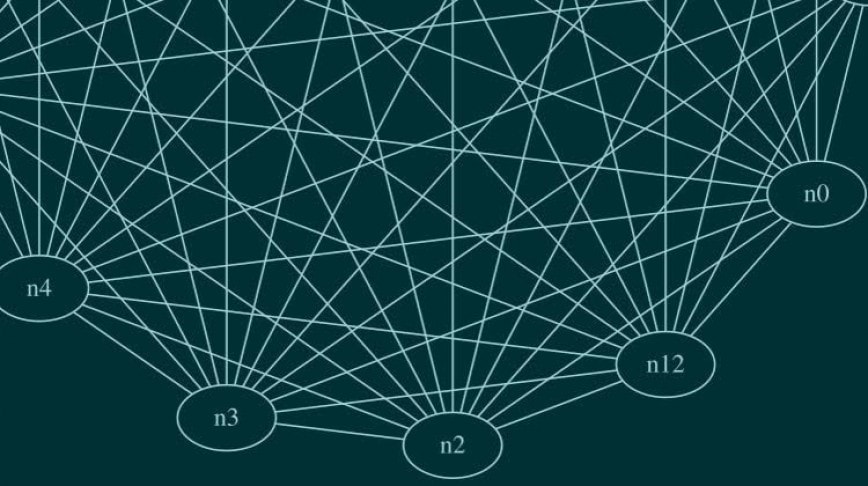For more information about installation, usage, samples, or authentication, please see the Cloud KMS client libraries documentation.
Choosing between new and existing Cloud KMS client libraries
We encourage you to adopt the new libraries as they are faster, more consistent, and more performant than their predecessors. At the same time, there are use cases where the new libraries are not a viable replacement, such as regulated environments that don’t permit HTTP/2. This is one of many reasons why we are not deprecating the old client libraries, and will continue to support them. We want you to be successful when using our Cloud KMS client libraries, regardless of which one you choose.
We realize the decision to have two client libraries providing similar functionality may be confusing, but we feel this approach is less disruptive than removing an existing client library from an ecosystem. To aid in the transition, we have already updated the documentation and samples on cloud.google.com to reference the new libraries, and we will be marking the old libraries as “not recommended” and discourage their use in new projects.
Toward a great, secure developer experience
The Cloud KMS client libraries enable organizations to focus on building better and more secure applications by offloading key management to Cloud KMS while retaining full transparency and access over keys. These new libraries provide complete coverage of the Cloud KMS APIs and consistency across languages for polyglot organizations. We are excited to see how these new client libraries enable organizations to build great integrations on GCP. Be sure to follow us on Twitter to leave feedback and ask any questions.







